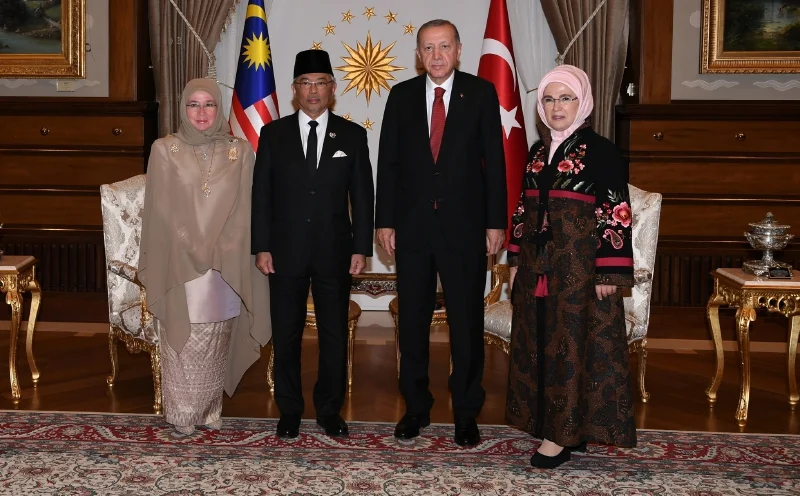When Perikatan Nasional (PN) under Muhyiddin Yassin took over the government on March 2020, the long-time politician was left with a very difficult situation to manage. Not only he needs to ensure regime legitimacy of the coalition, but he also needs to navigate the country carefully to avoid being swept away by the treacherous currents of unprecedented economic and health challenges due to the outbreak of Covid-19 pandemic. Since then, many were concerned about the future foreign policy direction of the country and whether there will there be a shift of attitude towards major powers in the region, including China. In general, Sino-Malaysia relation under PN coalition remains consistent, showing more continuity rather than change as a result of the three following factors: regime legitimacy of PN coalition; Malaysia’s attributes as a trading nation; as well as Malaysia’s stance of “not choosing sides” in its foreign policy behaviour.
To begin with, a political realignment dubbed the “Sheraton Move”, has led to the demise of PH Government in February 2020, just two years after their historic victory in the 2018 General Election. This is the first time in Malaysian history where a change of government took place without a general election, causing many Malaysian to label the coalition as a “back-door government”. To make things worse, the coalition also faces political challenge tied to its support base in a multi-ethnic Malaysia due to its nature as a mono-ethnic entity. In fact, it also does not enjoy the natural hierarchy that United Malays National Organisation (UMNO) had in Barisan Nasional (BN). Such equality can be toxic as it invites power challenges from other components in the coalition.
Meanwhile, priority was also set on how to deal the Covid-19 outbreak. Since the announcement of the first Movement Control Order (MCO) in March 2020, Muhyiddin administration has been struggling to strike a balance between protecting people’s lives and livelihood, while at the same time safeguarding the country’s economy. Although an additional strategy to complement the previously announced economic stimulus package was introduced in March 2021, grievances among the people can still be heard as a result of various issues, for example unclear and selective enforcement of SOPs or regulations.
China has also been Malaysia’s largest trading partner for 12 consecutive years and expected to be the largest foreign direct investment source in manufacturing sector for five consecutive years. Despite the downward pressure from global economy and multiple challenges posed by the pandemic, China-Malaysia bilateral trade has increased about 3.5 per cent from January to October 2020. Both Malaysia and China also have been working closely in pandemic prevention and control, vaccine development and post Covid-19 cooperation. For instance, Malaysia has procured two types of Chinese-made vaccines – Sinovac and Cansino. Both countries have also agreed on mutual recognition of their vaccination digital certificates or Covid-19 health certificates aims to further promote cross-border travels between Malaysia and China in the near future.
At the same time, strategic competition continues to define Sino-American relations under Biden administration. Facing this fast-changing and yet challenging security environment, smaller states in the region, including Malaysia have decided to “not choose sides” between the two powers in order to secure their own interests and survival. In the security realm, many smaller states still look up to the U.S as security provider in the region. Although hit hard by pandemic, Washington is still the strongest power in contemporary international system where combined strength of all possible partnerships with like-minded nations will likely to be far below U.S security umbrella. On the other hand, putting aside smaller states reservations about China’s true political intent behind the BRI, deepening economic ties between China and smaller states have gradually turned them to be more and more dependent on Chinese investments and financial funding to support their domestic development needs in the field of infrastructure construction, connectivity, communications and many more.
Thus, recognising the needs for a stable and peaceful external environment crucial for its own domestic growth and political stability, Malaysia will be likely to continue crafting and implementing policies that capitalise on the long-term ascendance of China, while at the same time hedge against its rise by maintaining strong ties with Association of Southeast Asian Nations (ASEAN) member states and other major powers in the region in the near future.


